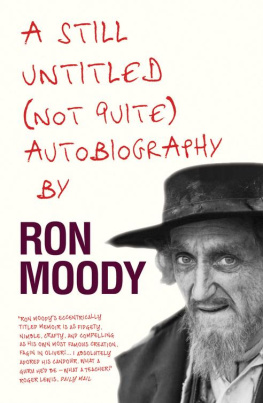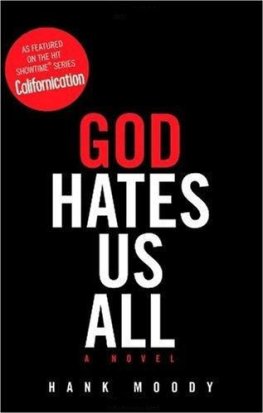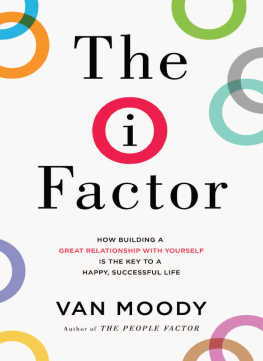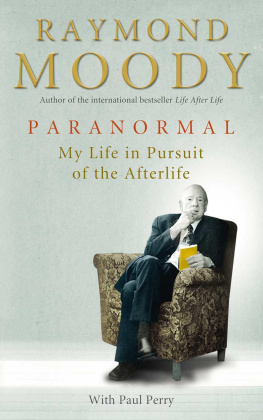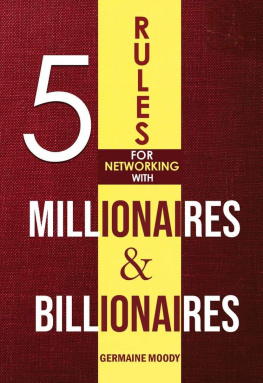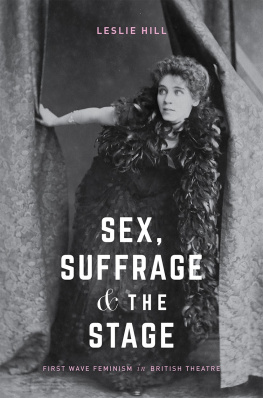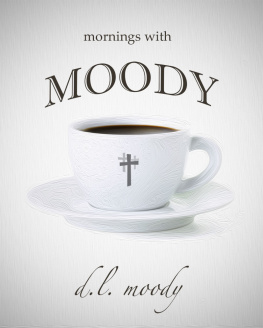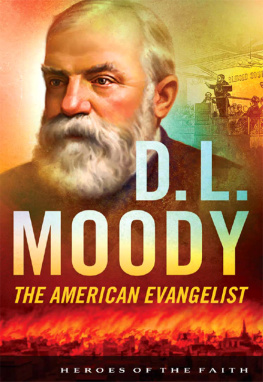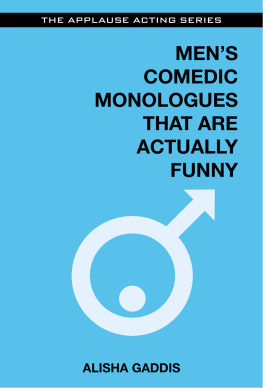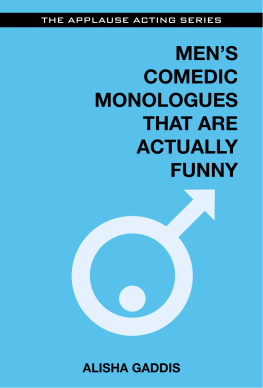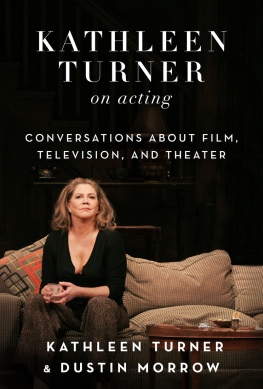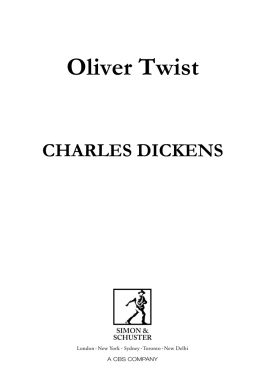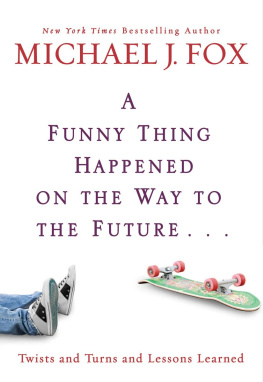To my own lovely Therese and our own lively cast,
Catherine, Daniel, Matthew, Michael, Jonathan and Conrad
Contents
Adventures In Enigma, Truth,
Serendipity, Paradox And Show-Biz
Enigma e-nig-ma, n. (L. oenigma, from Gk ainigma, to speak darkly, from ainos, a tale) A dark saying, in which something is concealed under obscure language; a riddle; something containing a hidden meaning which is proposed to be guessed; a person whose conduct or disposition is inexplicable.
Truth trooth, n. (A. Sax. treowthe from treowe, true) The state or quality of being true; conformity to fact or reality; veracity. The correspondence between a proposition and the fact, situation, or state of affairs that verifies it.
Serendipity serran-dippitti, n. (Coined in 1754 by Horace Walpole after the heroes of the Persian fairy tale The Three Princes of Serendip [ancient name for Sri Lanka]. Tendency or ability of prepared mind to make lucky discoveries by happy accident. That happy blend of wisdom and luck by which something is discovered not quite by accident. Finding A while looking for B, or in C instead of D.
Paradox para doks, n. (Gk. paradoxon, from para, beyond, and doxa, opinion) A statement which appears to be at variance with common sense, or to contradict some previously ascertained truth, though when properly investigated, it may be perfectly well-founded.
Showbiz sh-biz, n. (New York sh-bizness, from Ger. schauen, to exhibit or present to view; clever words, great legs, catchy tunes, make big bucks, go bust. Theres no business like it.)
1940. The second year of World War II.
The boy was about sixteen. He had a wash of spring greens about the gills, boasting a wealth of inexperience and self-doub t. Never done this before, well, only inside his locked bedroom, entirely by himself, facing the wardrobe mirror, singing Cleaning Windows along with George Formby on the Ferguson music centre, followed by Formbys brilliantly punctuated plonks and puddly-dum-dums on the uke. The boy had all that off to a tee, practising finger-rolls every day on his bus ticket in the back seat of the bus on his way to school. Plunk-a-dunk-a-diddly-dunk-a-diddly-diddly-dunka-dunka! Disregarding suspicious stares from passing bus conductor.
Never done it because he never had the nerve, so what was he doing now at a local talent contest in Allison Hall, the old red-brick Victorian Church Hall in Green Lanes, Haringey? Never done it before but something he would never forget, he was painfully, definitely backstage, so somehow he had managed to fiddle himself into the local talent show, probably because all the young men were in the war, only the grizzle-chinned old uns and the bum-fluffed young uns were free to appear! He was pretty good at playing the uke like George, pretty good at screwing up his eyes like George, singing in high-pitched Lancashire like George, very good at the plunk-diddly-plunk-dunk like George, so what was wrong with him being there, ukulele in hand well, banjolele in hand (a banjolele is shaped like a banjo, a ukulele is shaped like a guitar), scrupulously tuned to my dog has fleas(A-D-Fsharp-B), standing in the wings, waiting to go on and stop the show cold like George with When Im Cleaning Windows?
Nothing wrong at all. Except for some reason, he didnt remember anybody else being backstage, it all seemed totally deserted! It was still deserted when the moment arrived! The boy stepped on. Deep, dark silence! He walked to the centre and turned. Hell! He was blinded by spotlights spouting lava, couldnt see a thing in the great cavern of darkness beyond, not even the monsters that certainly lurked there, and bought tickets. Absolutely no sign of any audience! Was he facing the wrong way? Was it all a dream?
He stood there, sixteen years old, a teenage ukulele virtuoso, about to stop the show! It was time to begin! He tried to release his breath but it was lodged in his throat. Thats when he went deaf. Oddly enough, he didnt feel too faint. Because something was telling him again, it was time to begin!
He plunked his opening riff, Plunk diddly plunk plunk, plunk, plunk, plunk! Again! Plunk diddly plunk plunk, plunk, plunk, plunk!
He had the impression that he had begun to sing.
Now I go cleaning windows
To earn an honest bob plunk a plunk!
And then he dried. Stone cold dead in de market! Remembered nothing! Not a word! He stood there looking at the invisible audience for some time, and he imagined they were looking at him, but they made no sound, not even a derisive raspberry to cheer him on. Nothing! Was he dreaming it? Maybe it was their dream? He turned and walked off in complete silence. He didnt remember any more. Maybe they dreamed each other?
T he mysterious events which I am about to set before you (as Sir Arthur Conan Doyle, sleuth-monger and advocate, might so nicely have put it) began in the autumn of 2001, when I was invited by the Oxford Stage Company to play the part of veteran comedian, Eddie Waters, in Trevor Griffiths masterpiece Comedians.
Id seen the play in its original run at the National Theatre at the Old Vic in September, 1975, 26 years earlier, with Jimmy Jewel cast right down to his roots as Eddie, the retired comedian, teaching local evening classes in comedy to as wild an assortment of racist, sexist, homophobic pupils as any racist, sexist, homophobic audience could hope to sigh for.
Jimmy Jewel was the funny half of Jewel and Warriss, the biggest stars on radio and in Variety after World War II. Then TV took over and revealed that Jimmys funny voice came from an equally life-crumpled face. His heavy Northern accent was loaded with baffled Mancunian squawks of sublime innocence izzay? dozzay? When the act broke up Jimmy astonished us again by going it alone as a really fine actor. Jimmy brought his own Truth to Eddie. He knew where he came from. He knew what made him tick. But the play demanded more. Eddie has an awful secret. He wants to do good. And this burning zeal to reform society is not explained until his final gut-wrenching scene with the rebel student, Price. Only then do we understand why he must perforce wage a war of wit and guile against his own pupils, his fame-hungry novices, clinically wielding his cerebral scalpel to analyse, satirize and vaporize jokes that hate women, degrade sex and feed on prejudice. Only then do we understand why he is concerned to nurture only the true joke of the thinking comedian, never the prejudiced jibe of the down-market comic.
According to Trevor Griffiths, a true joke, a comedians joke, has to do more than release tension, it has to liberate the will and the desire; it has to change the situation. In a word, make us look hard at ourselves and do something about it! Change today into tomorrow! True enough, but here Im afraid I have to question whether this kind of Utopian social comment can come from material dreamed up by individual comics whose concern for their fellow man ends with a neurotic need for thirty minutes of well-milked filth. Change comes more from comedy writers who have the foresight and intellect to raise standards and generally to elevate the winds of change above the belt. We had this in the satirical theatre revues of the Fifties, the urbane Globe Revues, the chic Royal Court series, and particularly in the hilarious, rumbustious output of Peter Myers, Alec Grahame and Ronnie Cass, culminating in

